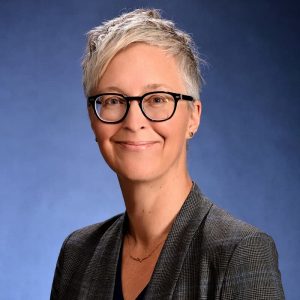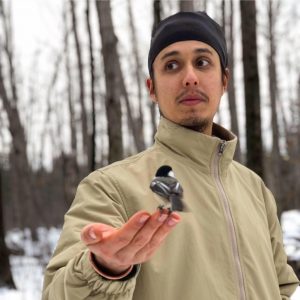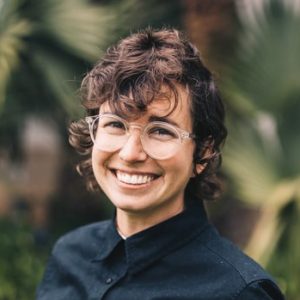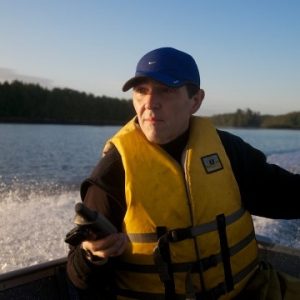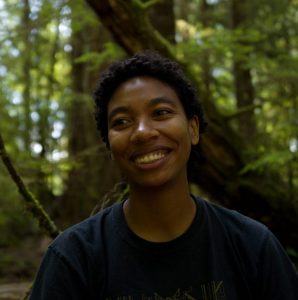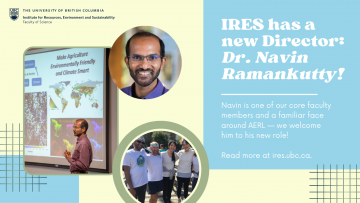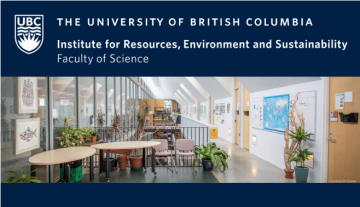Shannon Hagerman
Associate Professor and Associate Dean Graduate and Postdoctoral Studies, Faculty of Forestry
Félix Landry Yuan
Post Doc Bio Félix is a Postdoctoral Fellow at IRES and as a part of the CHANS Lab. His work is broadly centred at the interface of social and ecological dynamics within the context of conservation and sustainability. His current research explores how human relations with the natural environment reflect preferred death care/burial practices, with […]
Kaitlyn Gaynor
Assistant Professor in the Departments of Zoology and Botany, UBC
hagwil hayetsk (Charles Menzies)
Professor in the Department of Anthropology, UBC
Josh Travers
MA Student Contact Details https://www.linkedin.com/in/josh-travers/ Bio Josh completed his undergrad at Queen’s University in Global Development with a minor in Environmental studies. His undergrad focused on the practice of shifting the environmental burden of extraction to “developing” nations in order to conserve natural space in “developed” nations. Josh’s master’s thesis explores different conceptualizations of a […]
Lekha Tlhotlhalemaje
MA with David Boyd, 2022
Professors call for more research into climate-change related threats to civilization
An opinion piece published today in the Proceedings of the National Academic of Sciences, a peer-reviewed journal of the National Academy of Sciences, urgently calls for more research into the specific pathways by which civilization could potentially collapse due to climate change. “Scientists have warned that climate change threatens the habitability of large regions of […]
Webinar: Backing youth leaders to #UnleashValues
For system change to confront the Climate-and-Ecological Crisis. In response to a culture that suppresses transformative efforts and visions, we need to #UnleashValues for a sustainable future. Join a webinar hosted by CoSphere to learn how easy it can be to amplify pro-sustainability values!
IRES welcomes new Director Dr. Navin Ramankutty
IRES is welcoming Dr. Navin Ramankutty as our new Director on July 1, 2022, for a four-year term. We are delighted that Navin has agreed to become the next Director of IRES! Navin is jointly appointed in the School of Public Policy and Global Affairs (SPPGA) in the Faculty of Arts and IRES in the […]
Call for Applications – Director, Institute for Resources, Environment, and Sustainability
Dr. Milind Kandlikar will finish his term as Director of the Institute for Resources, Environment and Sustainability (IRES) on June 30, 2022. A search committee has been formed to conduct a search for the next Director of IRES.
